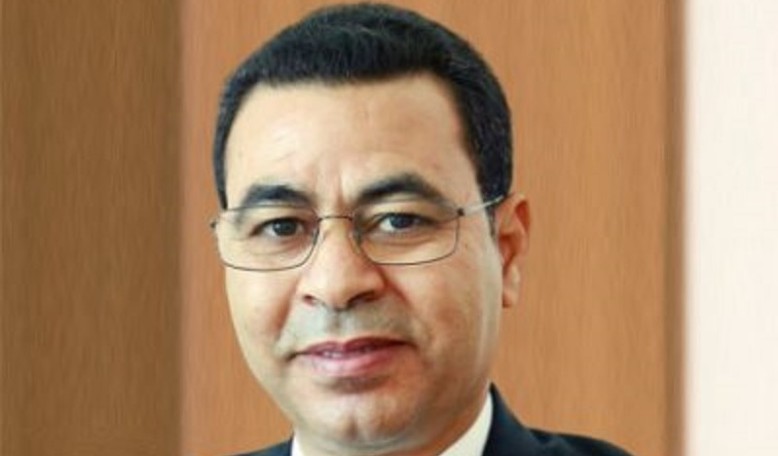Alarm bells ringing for breakdown of Islamic world’s scientific connections
The director of Natural Sciences Publishing, a peer-reviewed academic publisher in the United States, stressed the pioneering and important role of the Mustafa(Pbuh) Science and Technology Foundation (MSTF) in building an Islamic generation that believes in creativity and innovation.
MSTF Media reports:
Mahmoud Abdel-Aty, director of Natural Sciences Publishing (NSP) in the United States, emphasized the integral role that the MSTF plays in battling the problems of the Islamic nation through adding an air of scientific creativity, focusing on scientific achievements, and honoring the scientists of the Islamic world. He said that the efforts made by the MSTF directly affect the awareness of the rising generation and secure scientists their right place. This will change the current culture, where footballers and actors are the role models, to the one where scientists, researchers, and the elite will be shining examples for the young generation.
Regarding the important position of the Mustafa
Prize and the Science and Technology Exchange Program (STEP) meetings, Abdel-Aty said: “Establishing scientific and technological relations among scientists in Islamic countries is a very important task so that the Islamic world will not be just a consumer of technology and a follower of what other countries around the world export.”
He pointed out that scientific exchanges and cooperation will inevitably lead to the advancement of technology, stating: “Scientific and technological communications and collaborations in the Islamic world through common interests and partnerships which lead to innovation do need a new horizon.”
Talking about benefiting from scientific connections to enrich and increase the production of knowledge and to bridge science and society, he said: “This is possible through joint research, teamwork, and the adoption of ideas which lead to progress. Serving the society is achieved by raising the problems of the society and trying to find solutions by forming research teams from different Islamic countries.”
“The shortcomings and defects in the development of scientific collaborations and communications among Islamic countries led many researchers to seek easier solutions and cooperate with teams from Western countries. This is one of the most important problems of the Islamic countries in today’s world, because we will have to obediently follow the footsteps of other countries in the world if we do not participate in building the history of science,” Abdel-Aty stressed.
He also highlighted the importance of scientific cooperation among the Islamic countries since the world is moving towards unity and integrity, asserting that “If the Islamic world does not pay attention to this fact, it will face annihilation. However, scientific connections can create common interests and ultimately help side disputes fade into oblivion.”
Regarding the role that media can play in scientific and technological connections in the Islamic world, Abdel-Aty stated that “The media play a key role in these communications, so it is necessary to steer clear of disparities and discord and explain common achievements and focus on them so as to highlight the role of scientists in the Islamic world. Furthermore, Islamic research teams should be praised and brought to the fore. Through scientific networks, such research teams should be turned into one of the most important tools of conducting scientific research.”
The director of Natural Sciences Publishing believes that one of the reasons why the public media are not interested in science and technology is “the scientists themselves,” because there are no good connections between scientists to simplify science in a way that journalists can report on their achievements.
Abdel-Aty contended that the most important reason behind poor scientific communications in the Islamic world is that scientists in the Islamic world have not yet reached the desired level in terms of financial and social status, and therefore are looking for opportunities abroad.
In his interview with the MSTF, Abdel-Aty emphasized that there are many Muslim scientists who have been enticed by the countries that have provided them with a suitable platform, and therefore their scientific achievements are for the good of these countries.

